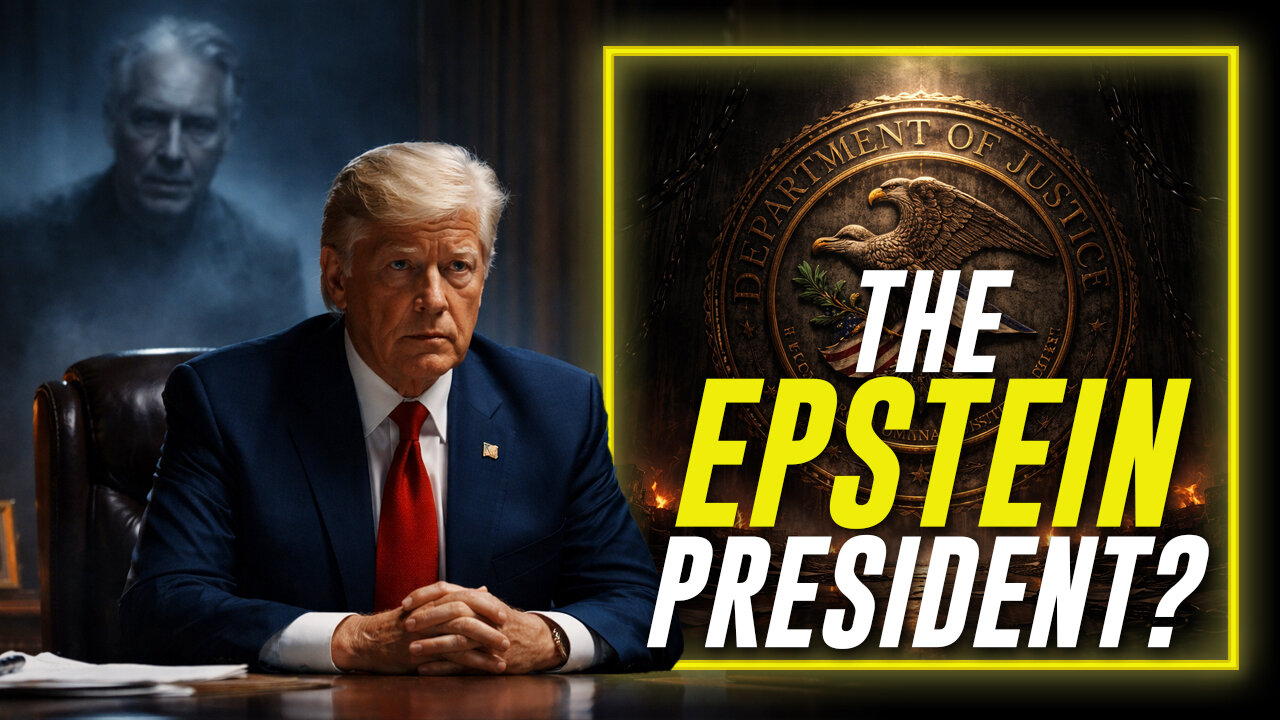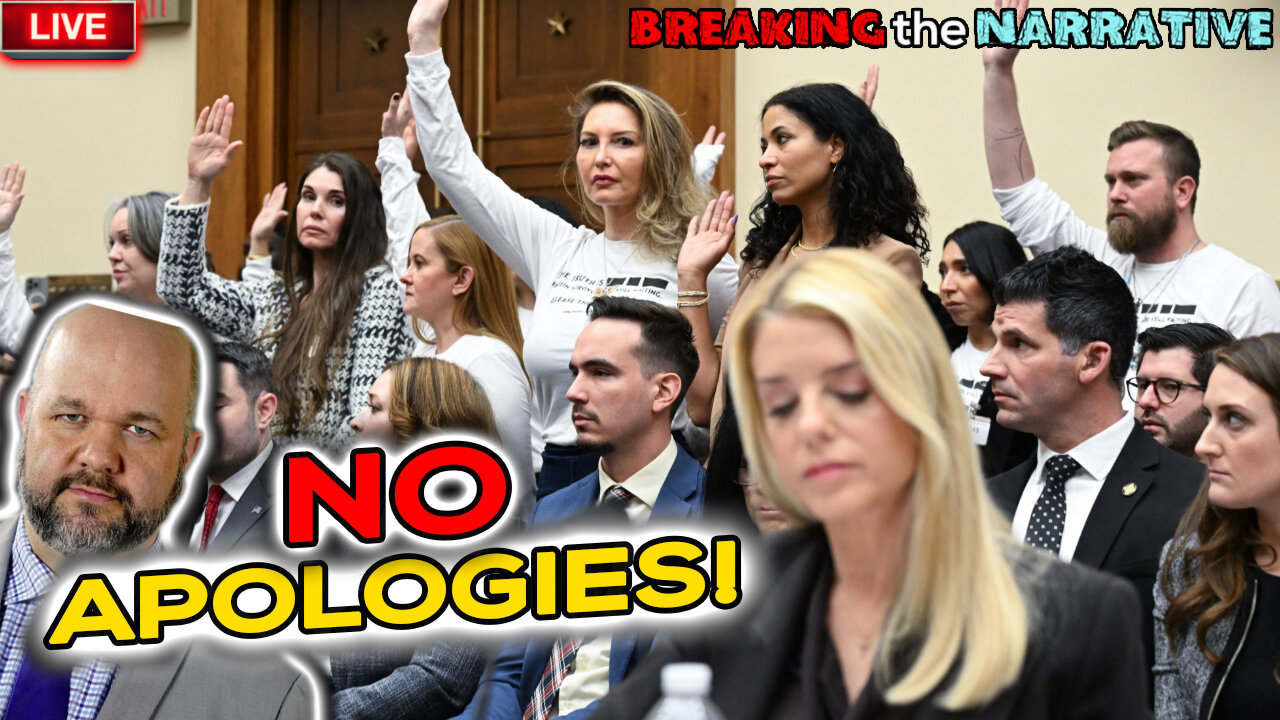I. INTRODUCTION

A Morality Of War Discussion
The matter of the mass electronic denotations in Lebanon that have killed a dozen or so people and wounded thousands has elicited much discussion. The folks on the Duran (here I refer to the hosts and in particular Mr. Mercouris ) for instance have labelled it a "terrorist attack." While there is nothing new per se in using phones or other electronic devises as explosives (see for instance how the Mossad/Shin Bet killed Yahya Ayyash, a Hamas militant who made explosive bombs, in 1996 via a bomb planted in his phone), it is the mass scale of the use of such devises that is the shocking thing in Lebanon.
The Duran points out the broader implications of such a method of war/death and on those abstract points (governments targeting dissidents and/or the broader civilian population through such lethal mass produced means) I concur. However, unless the Duran by "terrorist attack" mean that the attack was intended (at least in part) to sow fear into the enemies of Israel, I would not concur with this designation. Keep in mind that under that broader definition of terror attack this could include any act, no matter how lawful or even lethal [like firing warning shots or just bombing an enemy military base] that is (at least in part) intended to disrupt enemies/opposing forces and weaken morale/the will to fight. What I mean by terrorism is the unlawful use of violence that is intentionally directed at civilians (i.e. non-combatants) for the purposes of achieving political goals.
Does the attack in Lebanon constitute that kind of terrorism? I don't think so. Why? For one thing Hezbollah itself admits that the pagers belonged to them and were used by their organization. In other words, the pagers constituted part of their communications system that they used for various purposes (military included). Hezbollah distributed the pagers to those who belonged to or had close ties to the organization. Hezbollah itself is a paramilitary organization that does not comport itself to typical laws of war. They store munitions near civilian areas and their operatives don't always (especially in combat conditions) wear distinguishing uniforms.
As for the act of putting explosives in the pagers themselves, the amount put into the pagers appear to be enough to potentially kill (or at least maim) a person in possession of the pager. Videos purporting to show moments of detonation of these pagers, show that people close to the person with the exploding pager appear unharmed. In effect, the explosion is narrowly confined and not intended to be, like a suicide bomb, a means to kill as many people in a confined area as possible.
What about the outcome of these explosions? Apparent video evidence taken from hospitals of affected persons show adult males (i.e. military aged males) being predominately among those injured. Presumably based on statements by Hezbollah themselves and media reporting these males were affiliated with the terror organization. Hezbollah has also publicly admitted that the majority of those who dead belonged to their organization. Still, there are two minors who reportedly perished from the pager bombs (with at least one reportedly being a member of Hezbollah youth wing that trains minors to be soldiers for the organization). The death of children in conflict is always tragic. However, the general picture that emerges that there was reason for the Israelis to assume that the pagers belonged to Hezbollah members and with the information we currently have of outcome of the page bombing tends to affirm this logic.
As Professor Eugene Kontorovitch noted "A shipment of communications devices ordered by Hezbollah (the Army of God), for their specific needs, and issued to its members, does not qualify as ordinary civilian objects any more than if Israel had put bombs in Hezbollah jeeps, even though civilians also drive jeeps."
https://x.com/EVKontorovich/status/1836476527434682739
He also observed that "Given that whoever did this individually accessed the units and also had their phone numbers, it seems they would have pretty good idea whose phones they were, and thus in whose possession they could be expected to be. That is an extraordinary level of precaution. And the overwhelming proportion of fatalities appear to be Hezbollah."
https://x.com/EVKontorovich/status/1836136082783817807
For an operation to be lawful, it does not necessarily have to prove it will cause no civilian damage but that has taken proper precautions to target military objects (or persons). In effect, a hypothetical where a Hezbollah operative gave his pager to his child or where a child simply was playing with a pager would not make the act unlawful- especially if the Israelis did not have that information at the time of the mass operation.
Obviously, the technology that carried such an operation can be misused/abused like any technology can. It can be used in the commission of an act of terror (as I have strictly defined it).
Whilst I am writing, the Duran hosts also mentioned how Bibi was warcrazy about Lebanon and about how the public behind his coalition was warcrazy. I think they miss the broader picture here. Given that they argue in Russia's case that an expanding anti-Russian proxy alliance justified the invasion of Ukraine, there is a bit of rank hypocrisy in not seeing that an anti-Israel proxy alliance is the potential trigger point for a broader war. Even more so given that the declared goal of this alliance is the eradication of Israel and its replacement through a Palestinian state. Netanyahu has so far waited 11 months since the war started in Gaza after a partner of theirs (Hamas) invaded Israel and since that time this alliance has (a) fired rockets (both from Gaza, Lebanon, Iran, and Yemen) into Israeli sovereign territory, (b) issued a blockade against shipping to Israel, and (c) have inflicted causalities and fatalities among both the broader Israeli public and its military. The first two elements (and part of the third) is illegal and all of them constitute acts of war. The effect of this current round of conflict has been the evacuation of people from northern Israel and the occasional shelling of still populated in Israel by groups like Hezbollah (which would be worse if not for the Iron Dome and other such defenses). Netanyahu has plenty legitimate (that is to say legal) pretexts for war (even if an occupation of Lebanon may not be wise given the last two times Israel tried this) and the reason that the public is in such a bellicose mood. Yet, Mr. Mercouris ignores all this.
Here's the story
Download Rumble Wallet now and step away from the big banks — for good! https://rumblewallet.onelink.me/bJsX/vivafrei
I did a quick hit on Richard Syrette yesterday. Gotta keep Canadians apprised of the U.S. madness.


I. INTRODUCTION
A. Art of the Week
B. Recommendation of the Week
C. Wisdom of the Week
D. Appearances

II. THE EVIDENCE
A. Barnes Library: Curated Weekly Articles of Interest
*Bonus: Bald eagle rescued. https://abc7ny.com/post/nypd-officers-describe-rare-rescue-trapped-american-bald-eagle-icy-hudson-river-nyc/18616678/
B. Best of the Board: Five Fantastic Posts of the Week
*Bonus: Bondi mockery. https://vivabarneslaw.locals.com/post/7703469/spotted-all-over-washington-dc-while-i-normally-don-t-share-the-political-views-of-people-in-dc
**Bonus: Weekly Wisdom. https://vivabarneslaw.locals.com/post/7704649/the-intersection-of-politics-youtube-commentary-and-critical-traffic-infrastructure-https-you
C. Homework: Cases of the Week for Sunday
*Lobbyist disclosure laws. https://www.law.cornell.edu/uscode/text/2/chapter-26
**Lobbying disclosure guidelines. https://www.senate.gov/legislative/resources/pdf/S1guidance.pdf
***Transanity in Canada. https://vivabarneslaw.locals.com/post/7704549/tribunal-ruling-out-of-british-columbia-canada
III. CLOSING ARGUMENT: Constitution Masterclass Series — Article I, Tariffs

I. INTRODUCTION
A. Art of the Week
B. Recommendation of the Week
C. Wisdom of the Week
D. Appearances


II. THE EVIDENCE
A reminder: links are NOT endorsements of the authors or their interpretation of events, but intended to expand our library of understanding as well as expose ideas of distinct perspective to our own.
A. Barnes Library: Ten of the Top Curated Weekly Articles
B. Homework: Cases of the Week for Sunday
*Bonus: Livenation Ticketmaster Antitrust https://www.hollywoodreporter.com/music/music-industry-news/live-nation-doj-lawsuit-after-gail-slater-resignation-1236504011/
**Bonus: NCAAF eligibility suit. https://www.knoxnews.com/picture-gallery/sports/college/university-of-tennessee/football/2026/02/13/joey-aguilar-eligibility-hearing-tennessee-vs-ncaa/88659399007/
***Bonus: AI plagiarism win. https://www.newsday.com/long-island/education/adelphi-university-ai-plagiarism-lawsuit-oh07enyz
C. Best of the Board: Ten of the Top Posts
III. CLOSING ARGUMENT: Constitution Masterclass Series — Article I, Elections